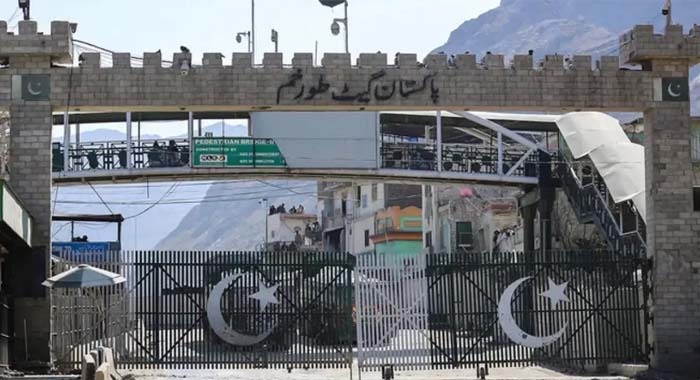Pakistan has decided to keep its borders with Afghanistan closed for an indefinite period as bilateral tensions deepen following warnings by Taliban authorities to Afghan traders to reduce dependence on Pakistan and shift their commercial activities to other countries.
Officials said the decision conveys a clear and firm message to Kabul that border reopening for trade or any other activity will not be considered until concrete action is taken against the banned Tehreek-e-Taliban Pakistan (TTP) and other militant organisations operating from Afghan soil. The move marks a significant shift in Islamabad’s policy approach toward the Afghan interim administration.
Authorities clarified that the prolonged border closure is not a routine administrative step but a strategic adjustment in Pakistan’s security posture. Afghan Taliban leadership has been formally informed that meaningful measures against TTP and associated groups are a prerequisite for any future dialogue on trade facilitation or bilateral engagement.
According to officials, Pakistan is not prepared to reconsider its position, and the policy framework now prioritises national security over commercial activity. The principle of “security first, trade later” has emerged as Islamabad’s new and uncompromising stance given the persistent threats posed by cross-border militant networks.
The Pakistan–Afghanistan border has remained closed for more than a month, resulting in thousands of trucks and containers being stranded on both sides. Currently, crossings are open only on humanitarian grounds, limited to the repatriation of Afghan refugees and stranded individuals awaiting return to their respective countries.
Senior officials emphasised that the protection of Pakistani citizens remains non-negotiable and outweighs economic considerations. The government maintains that without decisive counterterrorism action from the Afghan side, no progress can be made in restoring normal cross-border movement or trade.
The border closure, coupled with Pakistan’s renewed strategic posture, underscores Islamabad’s determination to secure its territory and citizens at a time when militant infiltration and cross-border attacks continue to pose grave risks to national security.





